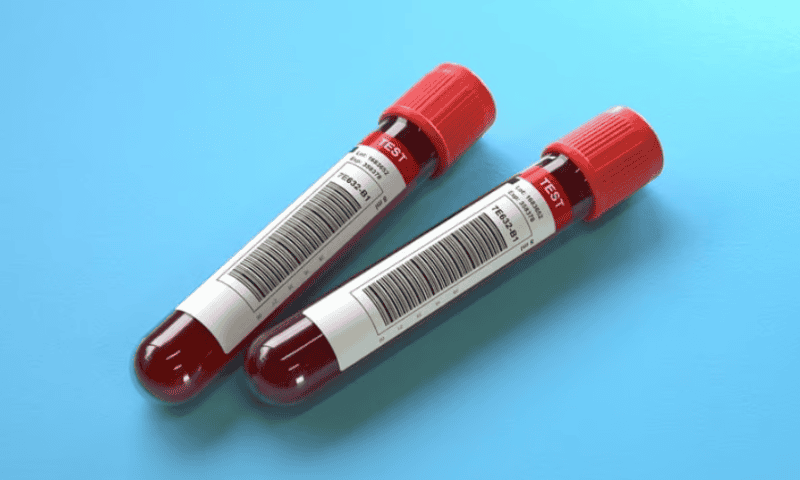After introducing itself earlier this month, Precede Biosciences is delivering the first clinical data for its cancer-focused liquid biopsy platform.
Launched with tech developed at the Dana-Farber Cancer Institute, the startup is analyzing the codes and structure of DNA compounds that can be found in the bloodstream, charting out how turning genes on or off can give rise to various proteins and, ultimately, to different diseases. By offering a clear, easy-to-obtain glimpse into live gene regulation, Precede aims to support clinical diagnoses, therapy management and drug development efforts.
It made its public debut in early October, alongside the announcement of a $57 million seed funding round supported by Dana-Farber’s Binney Street Capital and 5AM Ventures’ 4:59 Initiative, among others.
The Boston-based company has wasted no time in showing off its blood tests’ potential. In a proof-of-concept presentation at the annual meeting of the European Society for Medical Oncology (ESMO) in Madrid, Precede demonstrated how a single blood draw could provide a picture into the activation status of different disease-causing genes.
By building more than 1,200 genomewide profiles from over 430 individuals affected by 15 advanced cancers, Precede’s platform also identified possible drug targets and tissue-specific biomarkers, including those linked to potential drug resistance—all from about one milliliter of plasma, according to the company.
In one example of a patient with advanced colorectal cancer, the test found elevated signals of gene-promoting compounds linked to HER2, the receptor commonly used to direct therapies for breast cancer.
Colorectal cancers are typically not tested for HER2, with Precede estimating its prevalence to lie around 3% of cases, and would otherwise require an invasive tissue biopsy. In this case, the biomarker was subsequently confirmed, pointing the patient toward HER2 therapies.
“Despite the significant advances in our understanding of gene regulation and transcriptional biology at the cellular level over the last decade, our ability to translate these findings into the clinic has been limited by technology,” Precede co-founder Matthew Freedman, M.D., said in a statement.
“With this clinically tractable platform, a simple blood test, we can now profile disease-defining biology and dynamic changes in this biology at clinical scale, offering the opportunity for significant clinical impact,” added Freedman, a professor of medicine at Dana-Farber.
These findings could also be applied to diseases outside of oncology, the company said. The study’s results were simultaneously published in the journal Nature Medicine.
“The power of the technology platform was evident across all 15 cancers we studied, elucidating gene and pathway activation relevant to therapeutic decision-making and clinical diagnoses, such as HER2, AR, ER and DLL3 activation,” said co-founder Sylvan Baca, M.D., Ph.D., an assistant professor of medicine at Dana-Farber who presented the findings at ESMO. “From just one milliliter of plasma, we now have the ability to broaden the utility of liquid biopsy across a wide range of research and clinical applications.”

